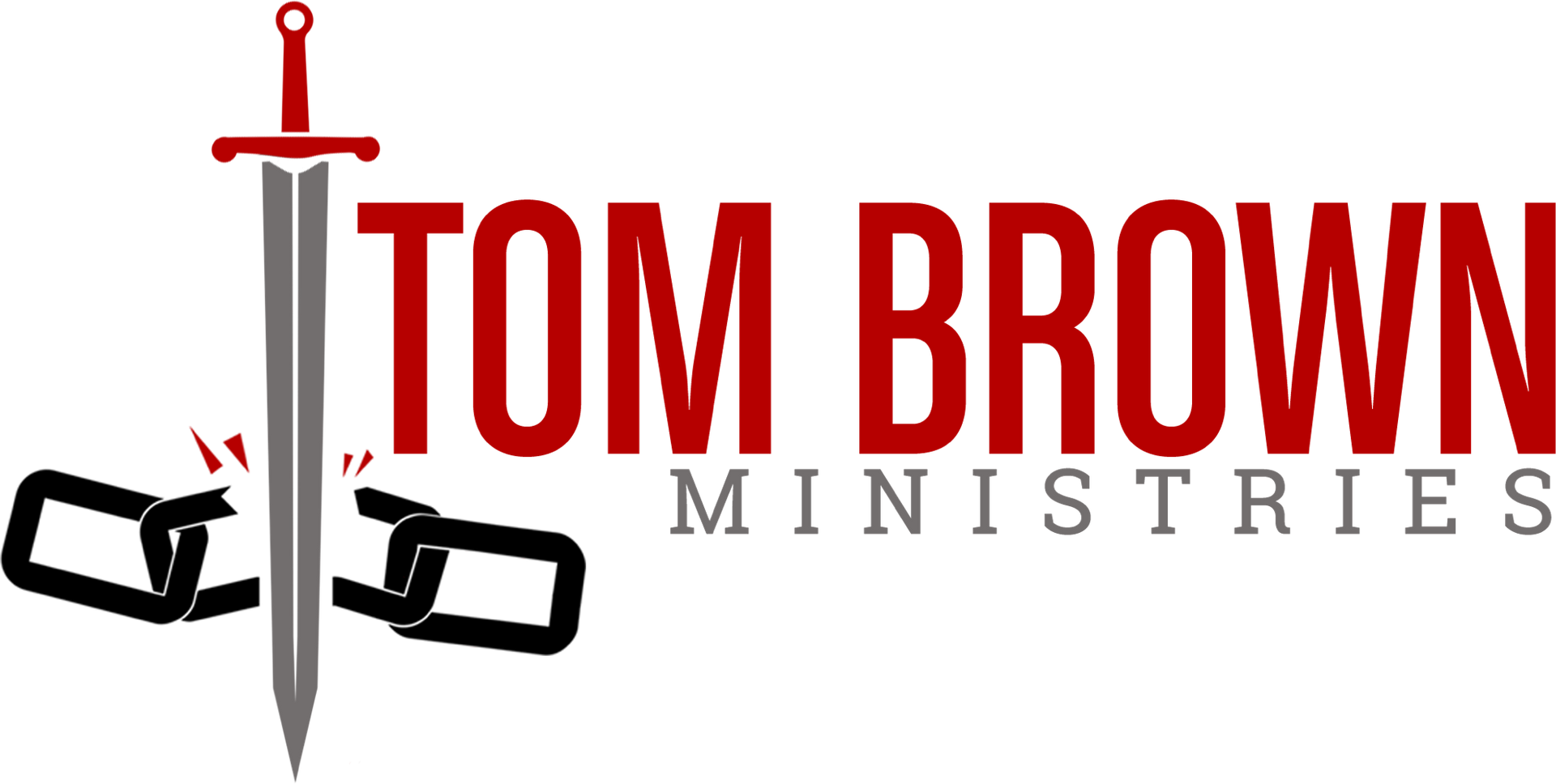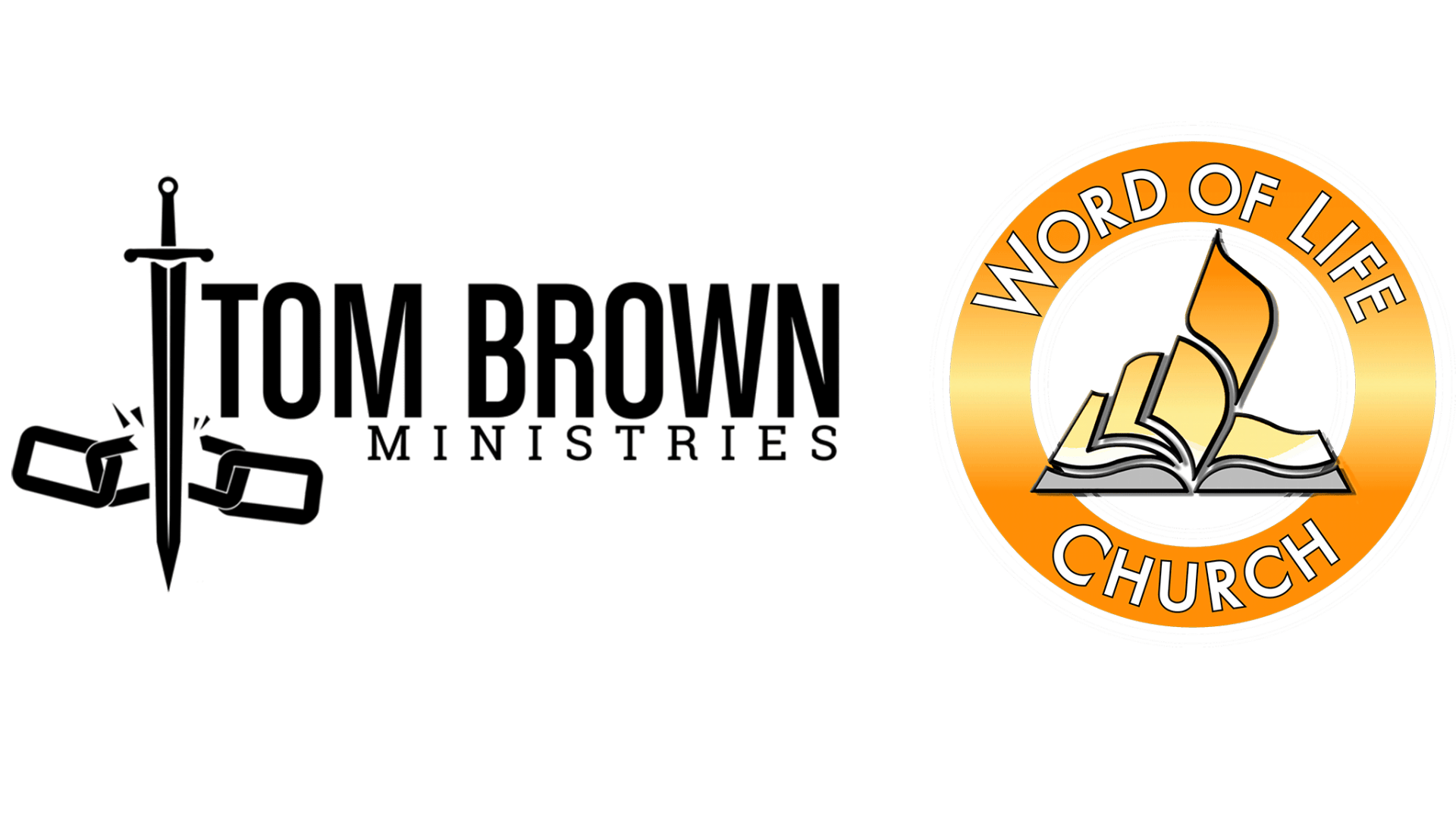
9am - 5pm M-Th
9am-12pm F
11675 Pratt Ave
El Paso, TX 79936
915-855-9673
Why do Catholics and Protestants have different Bibles?
Today's Question: I received this question from my daughter. What is your response to this question. Thanks, sue:
"In 393 AD, the church bishops gathered in the African city of Hippo to decide which texts were inspired and which were not. Man meddles. When the Protestants split from the Catholic church, they omitted 7 books from the Bible. Man meddles. But, today there are two accepted Bibles, and if God protects his word, which is protected and which is not?"
Bible Answer: Sue, your daughter asked you about why Protestants and Catholics have two different Bibles. The difference is that the Catholics include the Pseudepigraphal books (seven books) that were written after the last Old Testament prophet and before John the Baptist. So they don't deal with Christ nor any prophecy about Christ. There were no prophets during the time of these books, so the Jews never regarded them as inspired. Protestants believe the same about these books. Catholics accept them because in one verse it confirms their belief about praying for the dead (2 Maccabees 12:46). Jews and Protestants don't believe in praying for the dead.
Jesus clearly set the canon of the Old Testament in Luke 24:27, "And beginning with Moses and all the Prophets, he explained to them what was said in all the Scriptures concerning himself." Notice that "Moses and all the Prophets" were the Scriptures that Jesus used, not the Pseudepigraphal books. And in the time of Jesus, the Pseudepigraphal books were excluded from the traditional canon by the Jews, and Jesus did not dispute the tradition, but accepted it. Later, between 70-90 AD, the Jews confirmed their canon at the council of Jamnia.
It is obvious that the canon was confirmed based on the traditions during their age, which was the time of Christ. The leaders would never be able to confirm the Canon, and exclude the Pseudepipraphal books, if the Jews had regarded them as Scripture just 40 years before, during the times of Christ. Catholics, of course, judge the Jewish leader's motives by accusing them of removing the books for the sole purpose of eliminating or editing any scriptural references to the Lord Jesus and His doctrines. The trouble with their accusation is that there is no clear references to the Lord Jesus in the Pseudepigraphal books. The truth is, Catholics use them to support their view of praying to the dead and purgatory.
There is another statement Jesus made which confirms the canon to include only the Old Testament that both Jews and non-Catholic Christians accept: "Therefore this generation will be held responsible for the blood of all the prophets that has been shed since the beginning of the world, from the blood of Abel to the blood of Zechariah" (Luke 11:50-51). Zechariah was the last prophet to be martyred, and he is the author of the book of Zechariah and was a contemporary of Haggai, but continued his ministry long after him. He is considered one of the last of the prophets in the our Bible. Malachi was the last, but he was not martyred. Jesus totally excluded those that had died during the period after the prophet Zechariah, because they were not "prophets", and that period tells the story of the sacrifices of many Jews, which is recorded in the Pseudepigraphal books. The point is clear, Jesus defined the period of the inspired books of the Bible to include the beginning (Genesis) with Abel and the end with Zechariah. Jesus did not consider anyone living during the period of the Pseudepigraphal books to be prophets. The Lord's words should define for all Christians which books are considered the infallible Word of God. I think His testimony is final.
The Catholic Church by accepting the Pseudepigraphal books take odds against Jesus own words which excludes their books. So who do you believe, Jesus or the Catholic Church?
Finally, the Pseudepigraphal books are good to read, because they do tell the history of the Jewish people. There is much to learn from those books.
The JS beautifier will take care of your dirty JavaScript codes, assuring a syntax error-free solution.
Comment
Thank you for your comment.
We will look at it and get back to you if you requested that we do so.
Please try again later.
